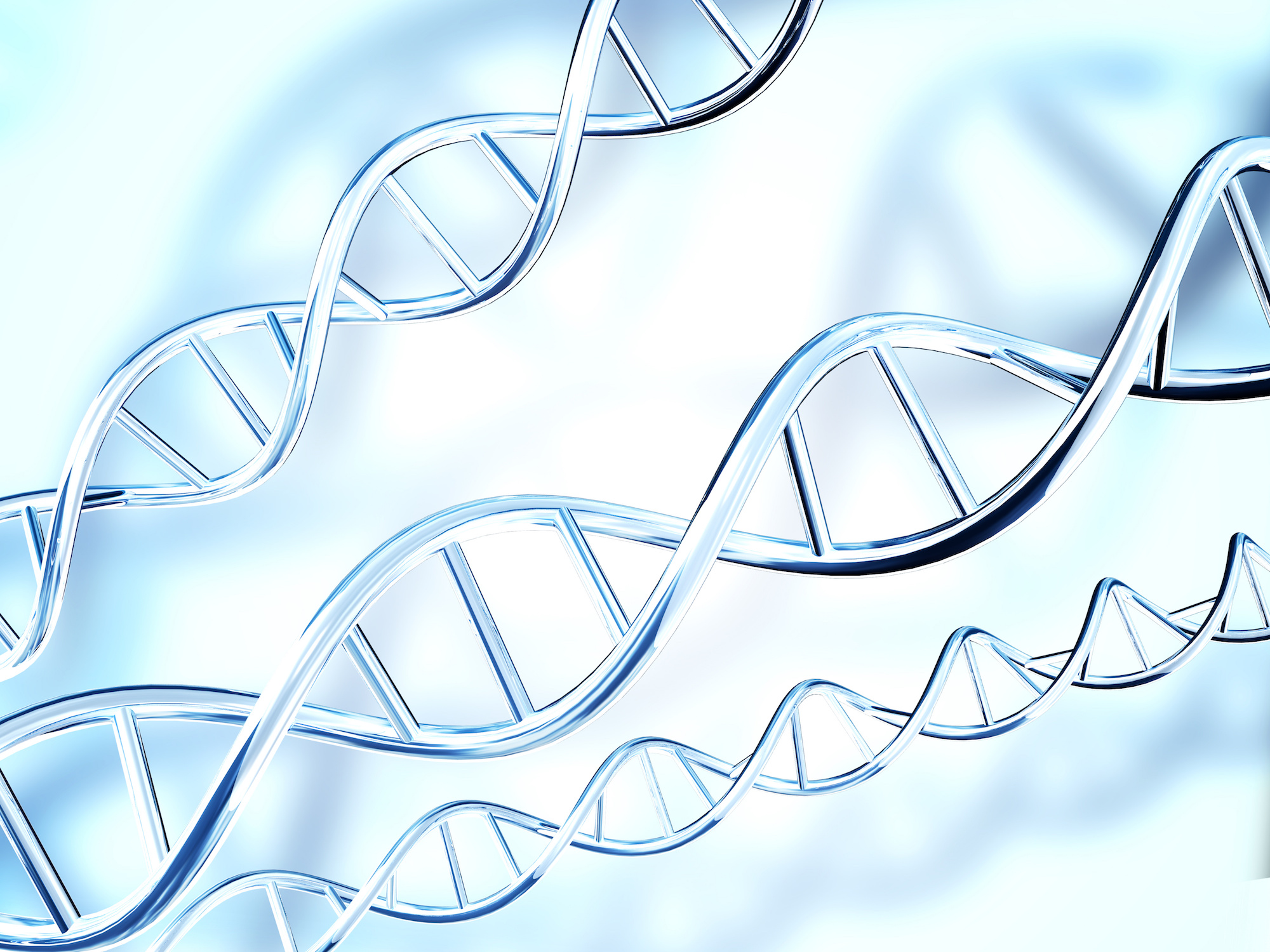 If you suffer from Atopic Dermatitis, you may wonder what’s causing your red and itchy skin. As it turns out, your genetics play an important part in your skin disease.
If you suffer from Atopic Dermatitis, you may wonder what’s causing your red and itchy skin. As it turns out, your genetics play an important part in your skin disease.
What is Filaggrin, and What Does it Do?
Filaggrin is a class of structural proteins found in the skin. This protein mainly interacts with keratin and helps to form the skin barrier.
“The skin has an important job,” says Dr. Adam Mamelak, board-certified dermatologist at Sanova Dermatology in Austin, Texas. “It keeps the insides in, and the outsides out.” If your body doesn’t properly produce filaggrin, it means that your skin barrier can be impaired or defective, which leaves you more susceptible to problems like Atopic Dermatitis.
It is important to note that this defect happens on a genetic level, so you are either born with this defect or not; it can not be acquired.
“When you have a filaggrin mutation, your skin isn’t able to properly form the protective barrier, leaving it susceptible to numerous irritants and allergens in the external environment,” explains Dr. Mamelak. This means that your skin is more easily prone to getting scaly patches, rashes and the itching, commonly seen in Atopic Eczema.
Filaggrin and Atopic Dermatitis
You should also understand that dermatitis is often hereditary which, if you have a filaggrin problem, makes a great deal of sense. This means that you’ve inherited the genetic mutation, leaving you susceptible to eczema. Studies have shown that up to 60% of Atopic Dermatitis patients have an issue with the filaggrin protein in their skin.
“Filaggrin is a very important protein that is used in creating the skin’s structure,” says Dr. Mamelak. “When this protein is missing or mutated, it doesn’t allow your skin’s structure to form properly. Your skin will be more susceptible to outside elements, and has a harder time retaining moisture.” Because of this lack of protection for your skin, you are more susceptible to having skin problems, like the dry, scaly patches and increased sensitivities to perfumes, fragrances, soaps and detergents.
Contact Us
To learn more about Atopic Dermatitis and the best strategies to manage your skin disease, please contact us at Sanova Dermatology today.
Join Us
